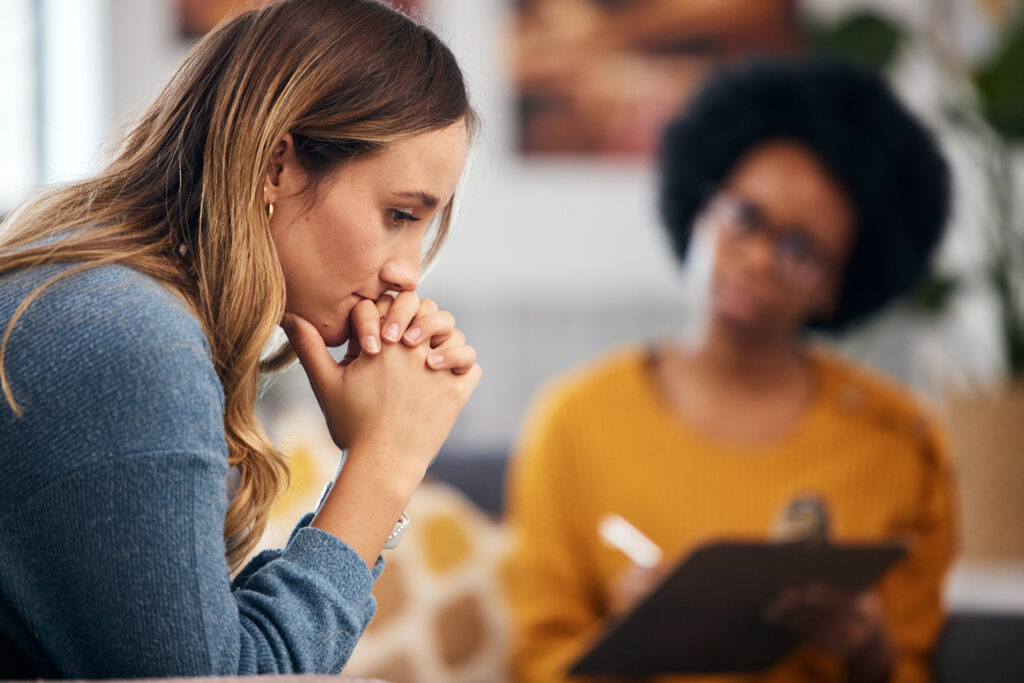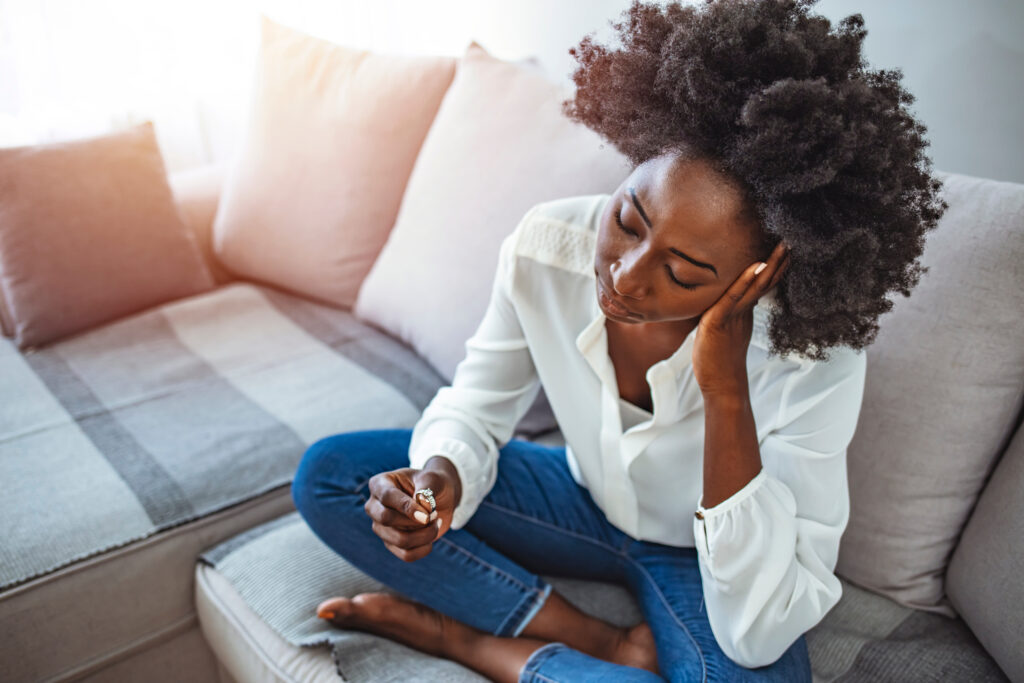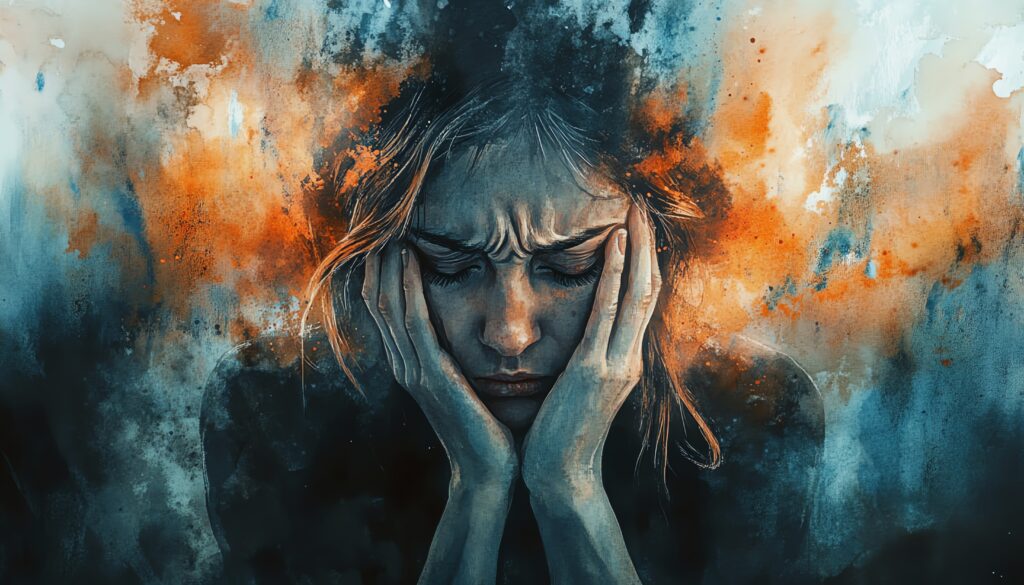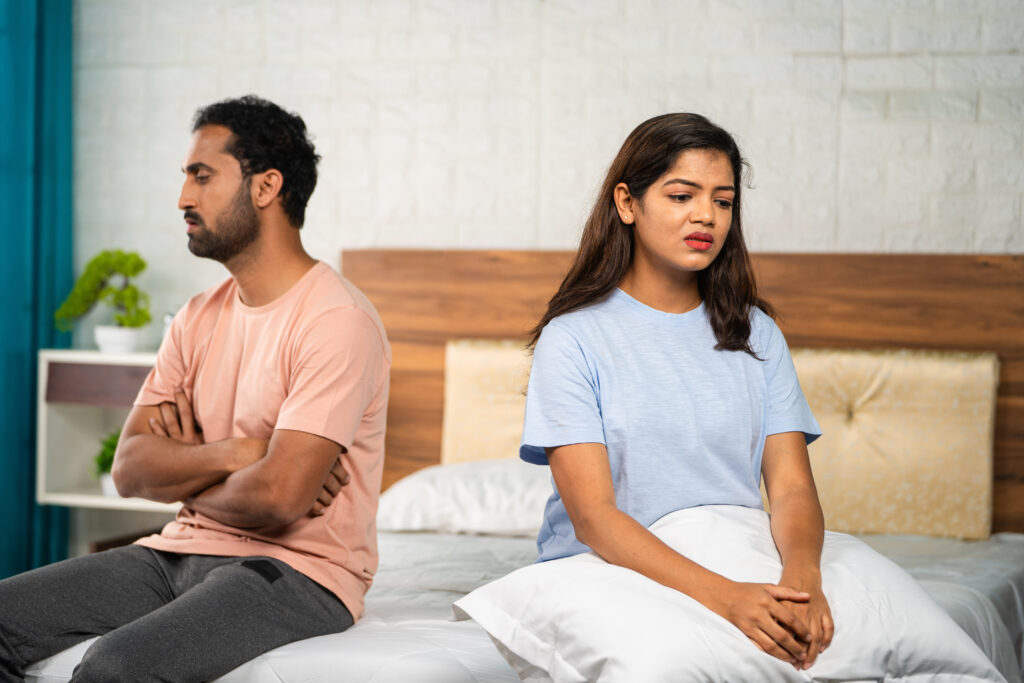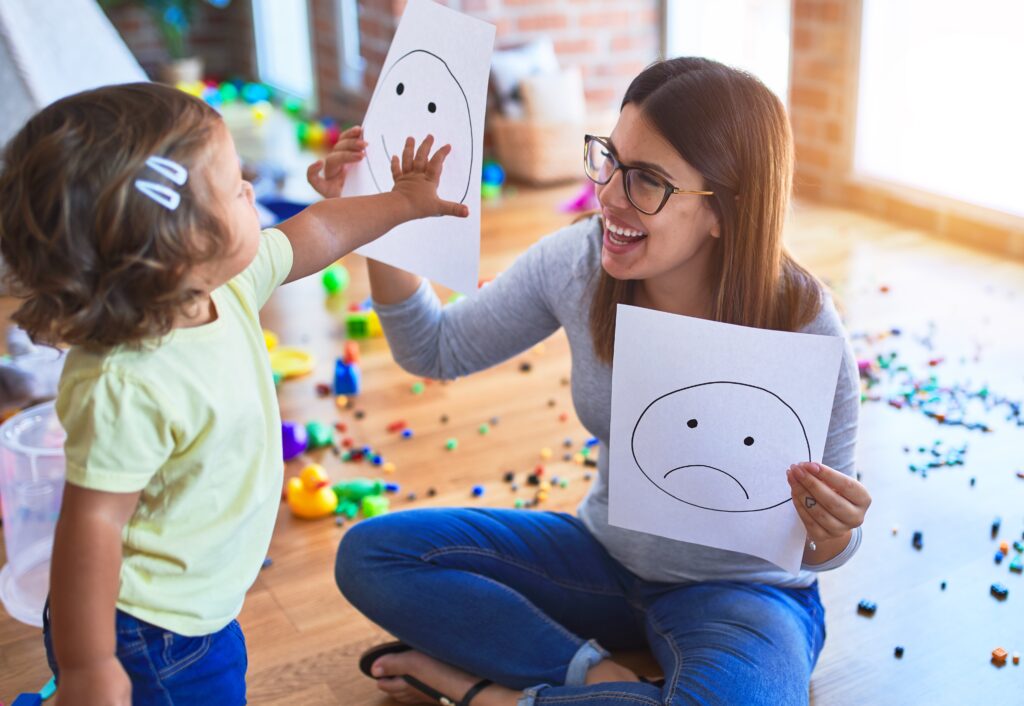Do you get enough sleep? How high is sleep on your list of priorities? Currently, most American’s are sleep deprived. Let’s face it; sleep is last on our list of to-dos. Unfortunately, what we don’t take into consideration is that our health suffers over time due to lack of sleep.
Regardless of whether or not you suffer from a mental illness, sleep deprivation can cause other symptoms that disrupt your day:
- Irritability
- Restlessness
- Memory problems
- Disorganization
- Inability to cope with common stressors
- Weight gain
- Lack of focus
- Increase of negative thoughts and emotions
- Safety issues at home, on the road, and at work
- High blood pressure
- Decreased productivity
- Fatigue
Over 70 million people in our nation suffer from sleep disorders. Most people don’t realize that sleep deprivation can both be a symptom of mental illness and a cause. Recent research studies suggest that people who suffer from primary insomnia are also at risk of development of a mental illness. In addition, insomnia has also been linked with relapse of a past mental illness. An article by Harvard Health Publications from 2009 states, “Chronic sleep problems affect 50% to 80% of patients in a typical psychiatric practice, compared with 10% to 18% of adults in the general U.S. population. Sleep problems are particularly common in patients with anxiety, depression, bipolar disorder, and attention deficit hyperactivity disorder (ADHD).”
Insomnia is defined as the inability to fall asleep or stay asleep. It is the most common sleep complaint of Americans. Insomnia is considered acute if it lasts less than one to several days and chronic if it lasts one month or longer. The National Sleep Foundation states that the optimum amount of sleep, regardless of age, should be approximately seven to nine hours per night. There are two main stages of sleep per night. Both REM and “quiet sleep” (which progresses through 4 stages of progressively deeper sleep) are imperative to restoration of the body and mind. The good news is that Insomnia is treatable.

The National Sleep Foundation lists the following as good sleep hygiene practices:
- Establish consistent sleep and wake schedules, even on weekends.
- Create a regular, relaxing bedtime routine such as soaking in a hot bath or listening to soothing music – begin an hour or more before the time you expect to fall asleep.
- Create a sleep-conducive environment that is dark, quiet, comfortable, and cool.
- Sleep on a comfortable mattress and pillows.
- Use your bedroom only for sleep and sex (keep “sleep stealers” out of the bedroom – avoid watching television, using a computer, or reading in bed).
- Finish eating at least two to three hours before your regular bedtime.
- Exercise regularly during the day or at least a few hours before bedtime.
- Avoid caffeine close to bedtime and give up smoking.
Adolescents have different challenges when it comes to sleep hygiene due to an increased desire to stay up late, social media, extra-curricular activities, and academic pressure. The Center for Disease Control and Prevention lists the following sleep hygiene tips specifically for young adults:
- Avoid caffeinated drinks after lunch.
- Avoid bright light in the evening.
- Avoid arousing activities around bedtime (e.g., heavy study, text messaging, getting into prolonged conversations).
- Expose yourself to bright light upon awakening in the morning.
- While sleeping in on weekends is permissible, you should not sleep more than two to three hours past your usual wake time, to avoid disrupting your circadian rhythm governing sleepiness and wakefulness.
- Avoid pulling an “all-nighter” to study.
If you are experiencing sleep deprivation, and these tips are not helpful, please visit your primary physician to rule out possible medical illness. In addition, there are other ways to treat insomnia, which include the help of a psychotherapist who uses cognitive behavioral therapy, relaxation techniques, and guided and mindfulness meditations as modalities of treatment. Come visit Good Therapy San Diego!

